Reserch Articles
Issue Editorial Board
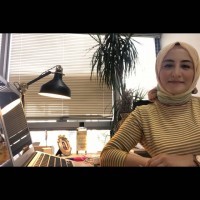
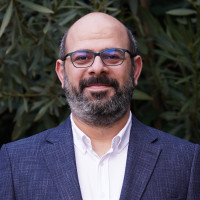

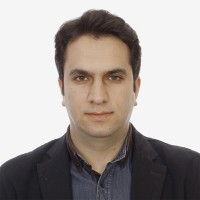
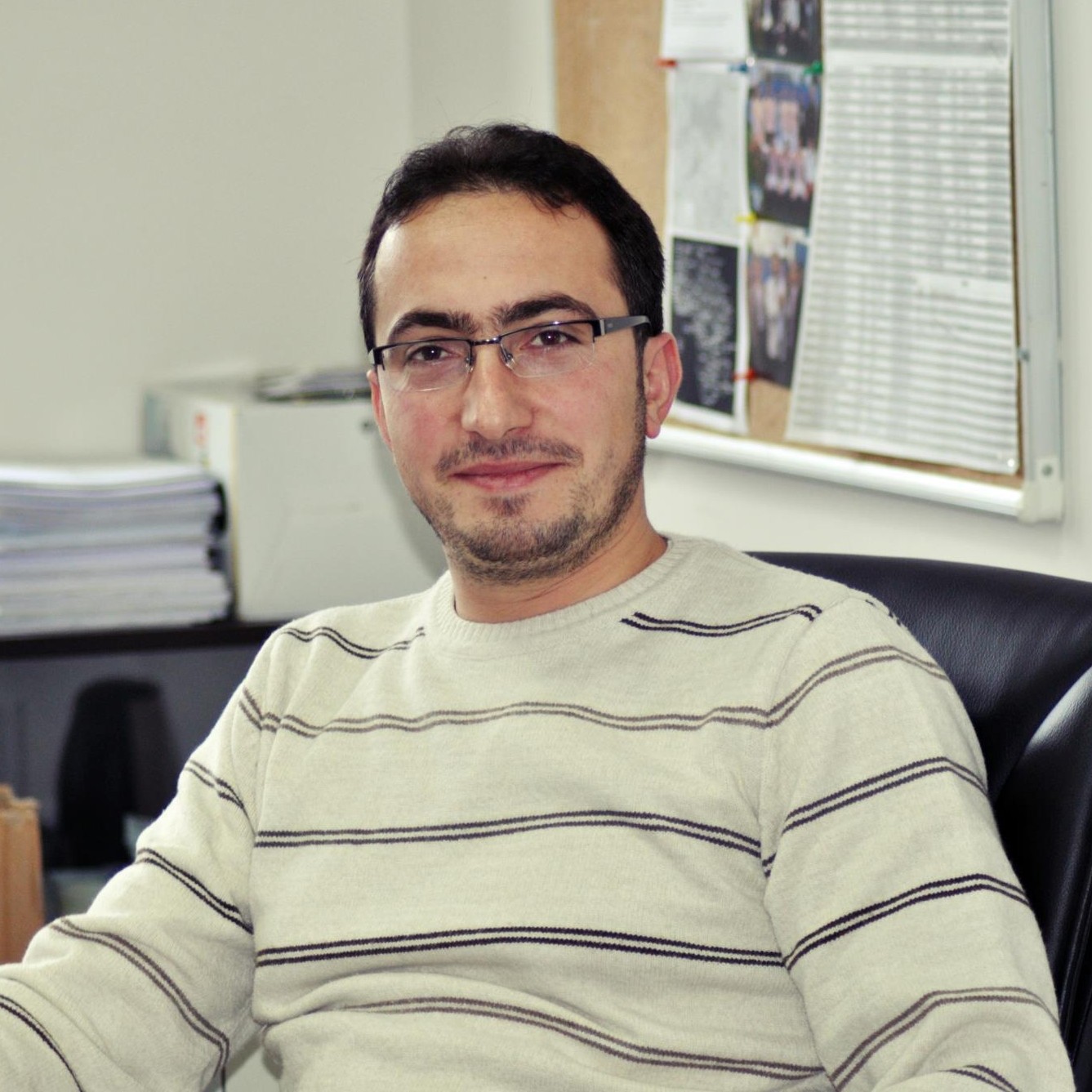
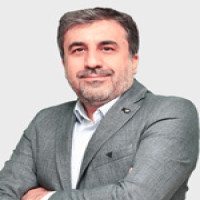
Aim & Scope
Journal of Academic Inquiries (AID) is an international peer-reviewed journal published twice a year, in April and October, by the Sakarya University Institute of Social Sciences. AID aims to contribute to the development of science by publishing original research produced with an academic approach in the field of social and humanities. Turkish and English articles are accepted for our journal.
Journal of Academic Inquiries, includes quality research prepared in the fields of social sciences and humanities (Anthropology, Archeology, Gender Studies, Demography, Linguistics and Language, Philosophy and Religious Studies, Communication, Public Administration, Cultural Studies, Political Science, Sociology, History, International Relations).
Author Guidelines
- The ISNAD (In-Text) citation system should be used as the citation system in the articles.
- Articles to be sent to our journal should be submitted with the user account opened through DergiPark.
- Research articles and reviews of scientific books are published in Turkish or English.
- Articles should have an introduction at the beginning and a conclusion at the end.
- Articles should not exceed 20 pages and 10 thousand words, including all tables, figures, references (bibliography) and appendices.
- Articles should be prepared in A4 paper size, using Cambria font in MS Word program.
- Main headings and sub-headings should be arranged in 12 point bold.
- The text should be written in 12 pt. 6 nk paragraphs and single line spacing.
- At the beginning of the articles, there should be Turkish and English abstracts.
- The English title of the article must be written on the English abstract text.
- Abstracts should be between 150-250 words and include the purpose, scope, method and short results of the article.
- Abstracts should be written in 10 font size, 0 pt paragraphs and single line spacing.
- At least 3 and at most 5 Turkish and English keywords should be written under the abstracts.
- The introduction part should include the purpose, scope, method and research design of the study as an expanded version of the abstract.
Ethical Principles and Publication Policy
Authors
It is the authors' responsibility to ensure that the submitted article is of a quality that contributes to the academic field.
The works must be original and based on research.
Although the plagiarism scan will be carried out by SAUIFD, authors are responsible for the academic consequences of plagiarism.
The articles should not be sent to different journals at the same time. Also, the articles must be unsent to the other journals before.
It should be made sure that other individuals shown as co-authors, have contributed to the research. It is contrary to scientific ethics to add some, who are not academic contributors to the article, as co-authors or to put in order co-authors with non-academic criteria such as title, age, and gender regardless of the order of contribution.
It is assumed that authors who submit articles to the journal read and accept the publishing and writing principles of the journal and the writers are deemed to have committed themselves to these principles.
Citations and bibliography should be complete and realistic.
The authors should take into account the ScientificResearch and Publication Ethics Directive specified by the Higher Education Council.
Referees
Referees should act with the awareness that they are the most basic determinant of the academic quality of the article to be published in the journal and should evaluate it with a view increasing academic quality.
Referees should only accept the articles that they have the expertise necessary to make an appropriate appraisal. Also, they should only accept the articles that they can adhere to the double-blind peer-review secrecy and they should keep the details of the article in every way confidential.
Any information about the article examined in the review process should not be shared with anyone in any way.
Referees should only evaluate the correctness of the content of the articles and the appropriateness of the academic criteria. The opinions put forth in the article by authors may differ from those of the referees. The differences should not affect the evaluation.
Referee reports should be objective and moderate. Defamatory, derogatory, and accusatory statements must be avoided.
Referees should avoid superficial and ambiguous expressions in evaluation reports. For the evaluations that resulted negative, the missing points and imperfections of the article must be shown clearly and concretely.
Referees must evaluate the articles within the time-frame granted to them. If they will not evaluate the article, they must notify the journal within a reasonable time.
Editorial Board
Editors should accept the articles that may contribute to the relevant areas expressed in the scope of the Journal to the evaluation process.
Editors should not be in any conflict of interest with the accepted or rejected articles nor take advantage of them.
Editors have all the responsibility and authority to accept or reject a submission.
It is the responsibility of editors to keep the names of referees and authors confidential.
Editors should take the necessary effort to ensure that the articles submitted for publication will be scanned to prevent plagiarism, which is academic dishonesty.
It is the responsibility of editors to complete the review, refereeing, editing, and publishing processes of the submitted articles in a timely and healthy manner.
Editors should give priority to academic concerns and criteria when accepting the articles to the journal.
P.S: The ethical rules mentioned above have been prepared according to the guidelines of the Committee on Publication Ethics - COPE ( https://publicationethics.org/ )).
Price Policy
No fee is charged for the articles published in our journal.
This work is licensed under a Creative Commons Attribution-NonCommercial 4.0 International Licence.
Journal of Academic Inquiries accepts the Open Access Journal Policy for sharing knowledge.


